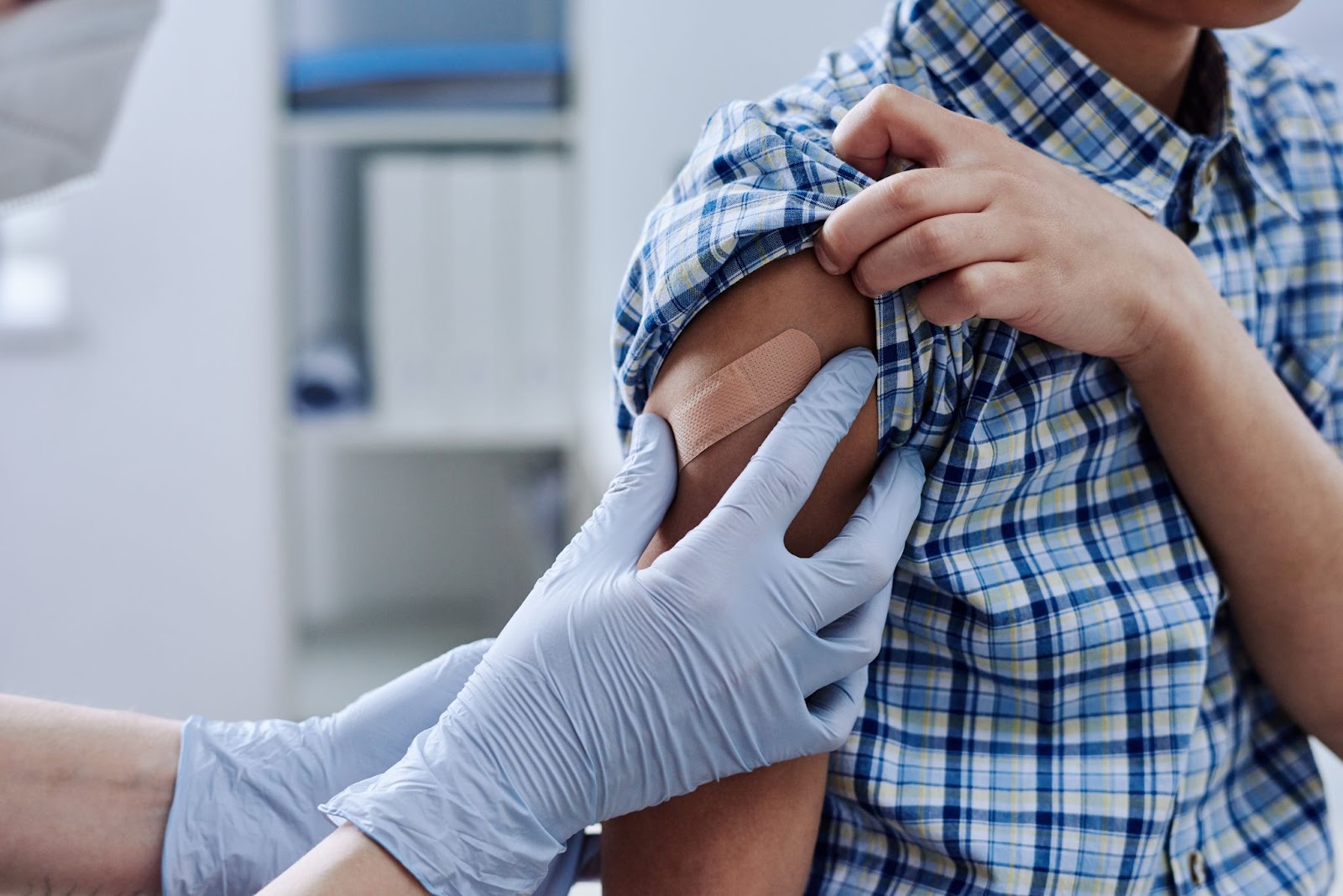According to the CLEOPATRE study, HPV infection can be found in 19.4% of the female population in Portugal. In the European Union, there are still around 67,500 new cancer cases each year directly caused by HPV. A vaccine available since around 2007 has the potential to eliminate the majority of these cases. In fact, gender-neutral HPV vaccination, which is one of the flagship commitments of Europe's Beating Cancer Plan, could be the single most effective means of cancer prevention. The goal is to vaccinate at least 90% of the EU target population of girls and to significantly increase the vaccination of boys by 2030.
This project aims to deal with the challenges of raising awareness of HPV and accessibility to the vaccine. As Dr. Henrique Nabais explained “the challenges across Europe, indeed across the world, are different in each country. In Portugal, this vaccine has become part of the national vaccination plan for girls (from 10-14 years old) since 2008 and boys (of the same age) since 2020. We know that vaccinating both boys and girls is medically- and cost-effective. The most important issue for us in Portugal is not one of access, but more of education. Some families refuse to allow their children to be vaccinated for cultural, religious or other reasons.” Dr Nabais continues, “the COVID-19 pandemic has brought other issues associated with vaccines, as some families over the last couple of years have possibly felt that their children received enough vaccines and don’t want to add more, which is clearly medically unsound, but that is why we need to show them that this vaccine is safe, reliable and vitally important for their children.”
The Champalimaud Foundation decided to become involved in this project as HPV infection is directly connected to several cancers, including cervical, anal, vaginal, penile, and head and neck cancers. It is the most prevalent sexually transmitted infection in the world, (although HPV can be transmitted, in a small number of cases, via other forms of contact). “Since HPV transmission generally takes place during sexual activity, it is really important that young people are vaccinated before they become sexually active. It is possible to vaccinate later but this vaccine is prophylactic, meaning that it will prevent you from getting HPV, but it won’t treat or cure you if you are already infected. Also, the vaccine is more effective when administered to younger people because our immune response decreases with age,” explained Dr. Nabais. “Latest data suggests that the vaccine can still be effective for older people (up to 45 or even beyond), but it is best practice to vaccinate youngsters for greater efficacy.”
To achieve the goals of the Protect-Europe project, information and training programmes are being rolled out Europe-wide, with online platforms available for young people and their parents to speak with trained professionals, in order to alleviate any lingering doubts they may have regarding the vaccine. A public health campaign is soon to be launched to raise HPV awareness across society, with the intention of disseminating information and encouraging people to take the vaccination.
With regards to expectations of this project, Dr. Nabais concluded that “we are part of a campaign to make this vaccine available to anybody who has indications that they could benefit from it. Each partner will find different challenges in each of the countries involved, but at the very least, we would like to be in the position where, even if you decide not to take the vaccination, you are making that decision from a fully informed and educated position. Eliminating HPV within our lifetime is a real possibility, but it demands great efforts and we are very happy to be able to be part of that, through projects like this one.”
*Dr. Nabais would like to express his gratitude to all of the collaborators involved with this project, particularly Filipa Cardoso, Grants Manager with the Champalimaud Foundation’s Strategic Research Development Team.
"Protect-Europe - Vaccinating Europe to protect against the cancers caused by HPV" is the second project involving the Champalimaud Foundation within the scope of the EU4Health programme; the first, “Interact-Europe”, featuring several of our clinical researchers, was led by Dr. Fátima Cardoso and the Breast Unit.

